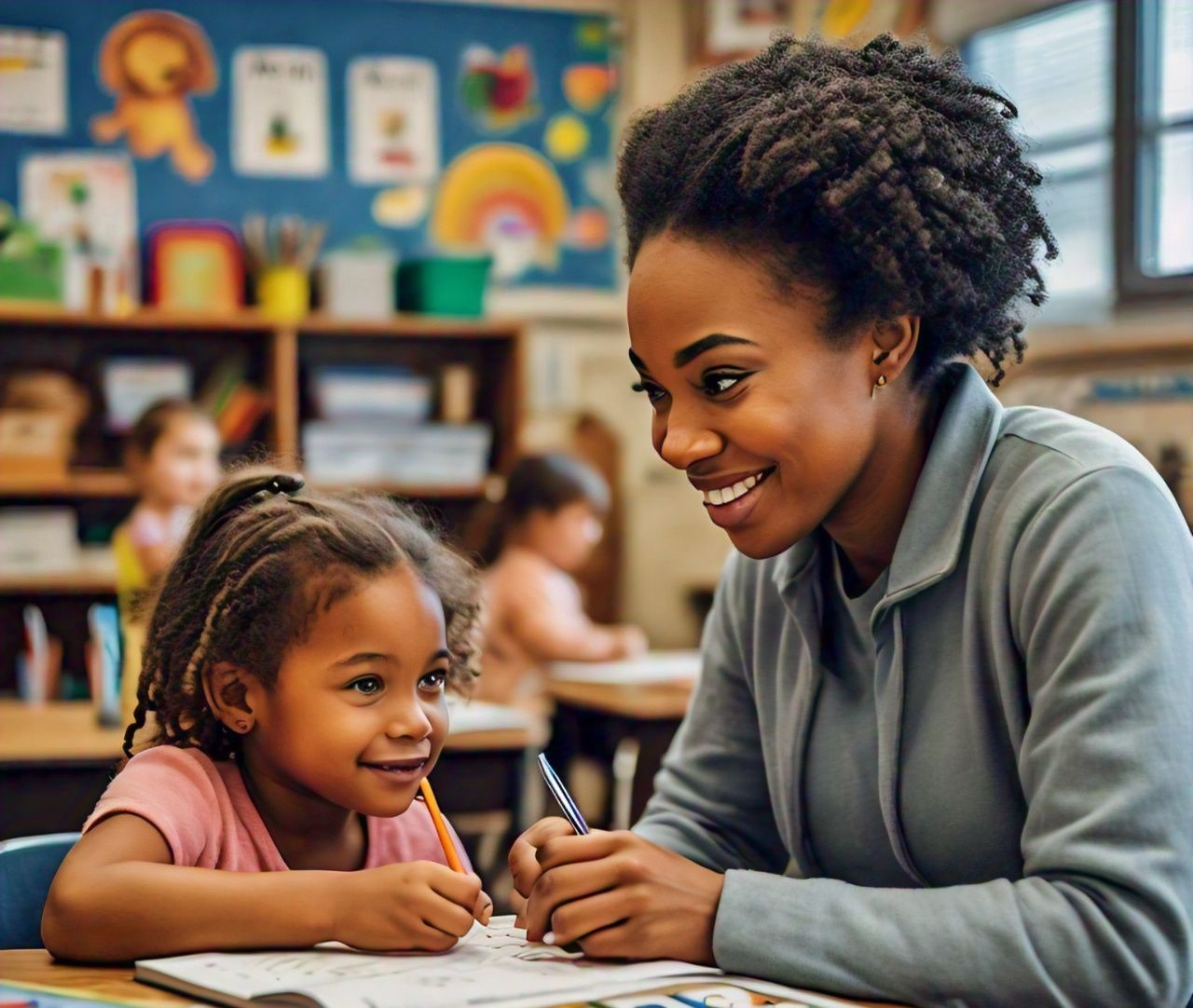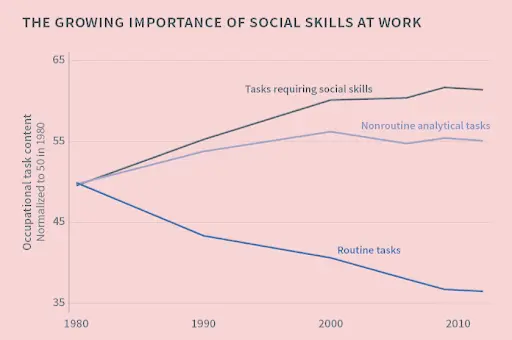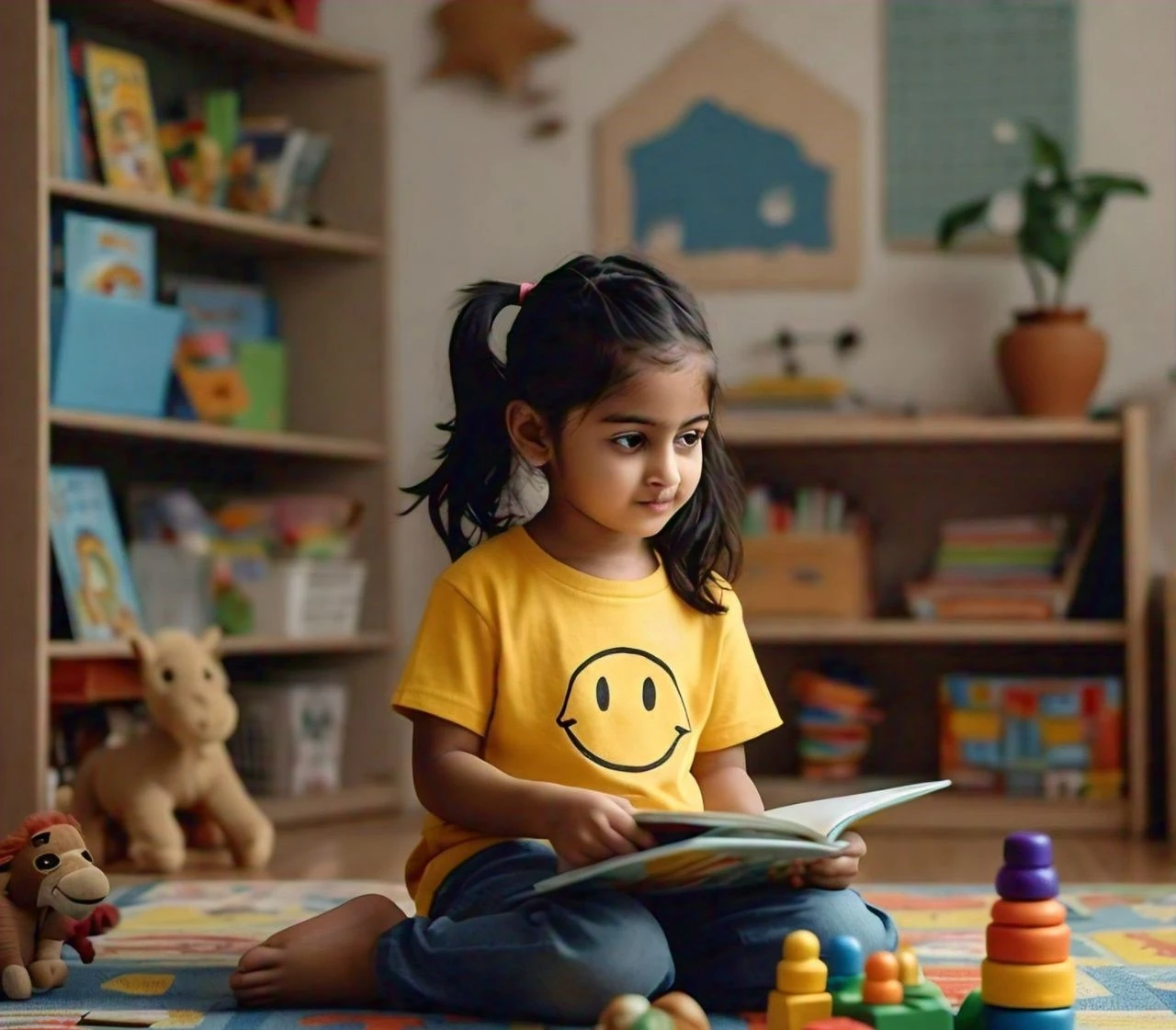
Update: This article was last updated on 20th January 2026 to reflect the accuracy and up-to-date information on the page.

As the globe becomes increasingly interconnected and diverse, the ability to engage and communicate effectively with others has grown to be an essential part of daily living.
Defined as social skills, this art includes a wide spectrum of speech, gesture, facial expression, and body language. Therefore, children need to learn the social skills that will help them succeed in their personal and professional lives.
The right set of social skills assists children in communicating effectively with peers, forming positive relationships, striking up a conversation, maintaining appropriate body language, sharing, teamwork, cooperation, expressing themselves, and even playing together.
Parents, caregivers, and educators can all support children’s social development by providing opportunities for social interaction, modeling positive social behaviors, and providing guidance and support when conflicts arise.

1. Helps build relationships

Recommended reading: Soft Skills To Teach Your Kids
Children with good social skills can communicate, listen intently, and demonstrate empathy—all essential for forging enduring bonds with others. Young people with good communication skills can better explain themselves clearly, appreciate the perspectives of others, and establish rapport and trust with the audience.
Children skilled at resolving conflicts are better able to handle conflicts and differences positively. This makes it easier to maintain harmonious relationships despite disputes and stops conflicts from becoming bigger issues.
2. Improves communication skills
Recommended reading: What is Social Emotional Learning (SEL)?
Effective communication is critical for success today, and social skills are vital in improving communication. Children with excellent communication skills can benefit in their friendships, academics, and future workplace.
Youngsters who are socially adept carve a niche for themselves by communicating effectively, listening intently, and interpreting nonverbal cues—all crucial components of communication.
They are better at handling difficult communication circumstances like disagreements or misunderstandings. They can employ active listening, empathy, and problem-solving techniques to settle disputes amicably rather than worsen them by aggravating significant issues.
3. Fosters teamwork and collaboration

You must have noticed that some people are popular among their friends, and they are good leaders as well. It is because of their exceptional social skills.
In today’s world, teamwork and collaboration are essential for success. Social skills are critical in fostering teamwork and collaboration and help children learn to work with others effectively. Strong social skills help children communicate effectively, respect others’ opinions, and compromise when necessary – all of which are essential for teamwork and collaboration.
Children with great social skills are better equipped to collaborate to achieve a common goal. Active listening, collaboration with others to discover solutions to issues, etc., promote a supportive climate inside the team because everyone feels respected and supported.
Recommended reading: Personality Development for Kids – Why Is It Important?
4. Builds self-confidence
A healthy amount of self-confidence is crucial to success and well-being, and people can develop it through social skills. Children with great social skills tend to be more confident.
Youngsters who can interact with people positively, communicate well, and form strong bonds are likelier to have favorable self-perceptions and feel more self-assured.
They can excel in a variety of spheres of life, such as academics, athletics, and potential vocations, with the aid of this confidence. They are well-equipped to communicate with people more competently and confidently, manage awkward social situations better, and pursue their hobbies and goals.
Recommended reading: Hidden Talents: Exploring Lesser-Known Skills That Can Give You an Edge
5. Promotes empathy and understanding

Recommended reading: Six Must-Have Social Skills for Kids
Social skills may foster empathy and understanding in today’s society, where diversity and inclusion are fundamental principles. Youngsters with good social skills may respect differences, comprehend and value many points of view, and exhibit empathy for others. As a result, kids may learn to relate to others, be compassionate, and positively impact their communities.
It also helps children understand the circumstances and emotions of others. Building solid and healthy connections with others requires empathy and compassion, both strengthened by doing this.
In conclusion, Children’s success in 2026 and beyond depends on their ability to interact with others. Children can be better prepared to achieve in all facets of their lives by creating strong connections, enhancing communication, encouraging teamwork and collaboration, boosting self-confidence, and encouraging understanding and empathy.
Click here for more: Robotics for Kids: Build Future-Ready Skills
It is our duty as educators and parents to assist kids in acquiring solid social skills that will benefit them throughout their life.
Looking for a comprehensive parenting guide to ensure you are on the right track? Explore a wealth of parenting wisdom and educational insights in Moonpreneur’s blogs. Additionally, you can join our programs that nurture the next generation of innovators. Book a free trial now!

























I have been an educator for the past 23 years and I have noticed a change in the social skills of our youth. When provided with free time, the students I teach don’t socialize much. They’d rather be on a device playing a game or looking at Tic Tock videos. When they do communicate, they tend to use an electronic device to communicate. Digital collaborate is great, however, having basic social skills is a must to be successful as an adult.
How do social skills affect the success of one’s future career?
In the workplace, having good social skills is essential for networking, teamwork, and dispute resolution—all of which are necessary for a rewarding and successful job.